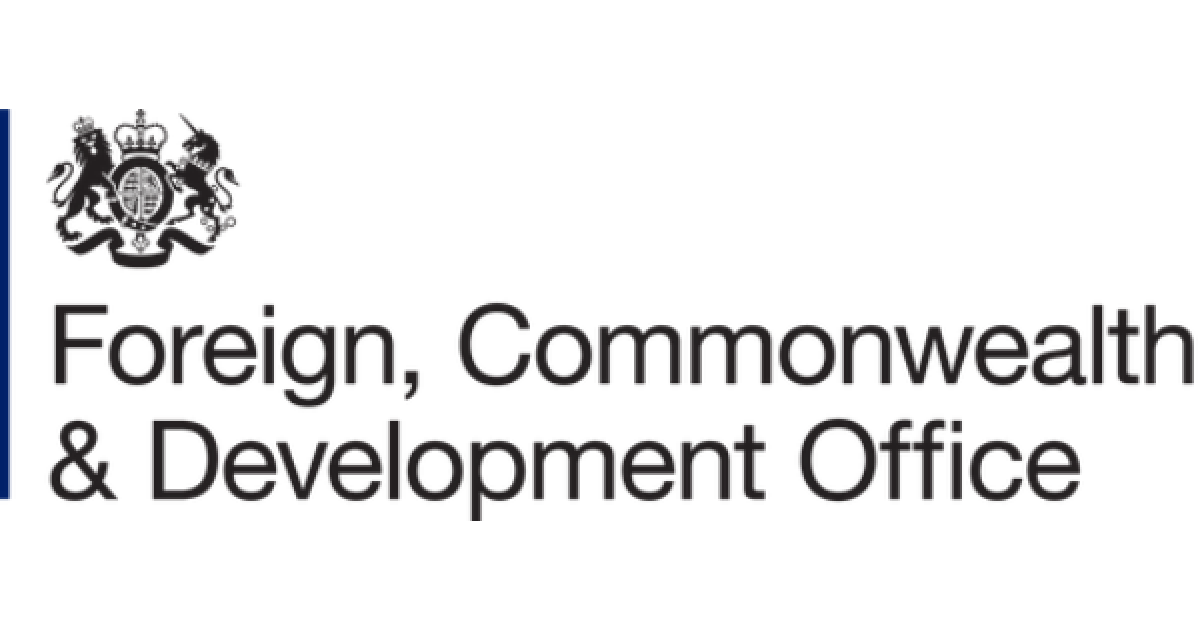The Impact of Youth Education on Intergroup Violence in Burkina Faso: A Pilot Study
Abstract
Burkina Faso has a strong history of peaceful coexistence among ethnic and religious groups, though in recent years has seen a rise of organized violence by Islamic extremists and a fracturing of social cohesion, particularly in rural areas. In this study, researchers evaluated whether pro-peace religious messaging can promote social cohesion among school-age participants. Researchers found no evidence that these messages impact reported attitudes or behaviors regarding religious extremism or promote tolerance. Instead, they discovered that such messages can inadvertently increase intolerance towards others.
Policy Issue
Fragile states are characterized by a delicate societal order, in which state institutions frequently struggle to deliver important public goods and services, including peace and security, to their people. In settings where state institutions are weak, other authorities often step in to fill this vacuum, such as gangs, extremist organizations, and other armed groups. In conflict and crisis-affected contexts, armed groups can offer economic stability and a sense of belonging to marginalized youth.
Youth-focused educational programs that seek to strengthen tolerance and decrease radicalization have the potential to discourage youth from participating in violence.1 Such programs may work by fostering and reinforcing a communal sense of identity and belonging, by teaching shared history and values. However, there is currently little evidence on programs with this aim. Understanding the role that youth can play in promoting peace and resilience to extremism in their communities can, in turn, support government and donor-supported policies to counter violent extremism.
Context of the Evaluation
Despite a previous history of peaceful coexistence among ethnic and religious groups in Burkina Faso, the country has experienced a rise of intercommunal and extremist violence since the removal of the former president in October 2014. Over the last few years, security in rural areas has significantly deteriorated, and “the absence of any form of regulation across much of the countryside has led to a rise in banditry and land disputes, as well as the emergence of self-defence groups.”2 Islamic militants have further expanded their presence within the precarious security context, with 2019 marking a particularly violent year.
The program is being implemented by ProgettoMondo.MLAL (PMM), an EU-funded international NGO that promotes dialogue, human rights, and peace-building around the world. PMM will draw on its experience implementing a tolerance curriculum in Morocco to develop a school-based curriculum specific to the Burkina Faso context.
Details of the Intervention
Researchers conducted a survey study to assess the impact of pro-peace messaging delivered by a prominent moderate religious leader and via audio recording among adolescents in Burkina Faso. Between February and March 2020, 1,457 youth participants aged 12-18 from 12 schools in Ouagadougou, the state capital, and Kenedougou, a rural province, were randomly assigned to listen to audio excerpts of a sermon delivered by a nationally recognized imam that invokes Islamic teachings and appeals to a shared Burkinabé identity. The research team then surveyed the participants about their interethnic/intercommunal trust and tolerance, as well as their views on intergroup violence.
Results and Policy Lessons
Researchers found that youth who listened to recordings of appeals toward peace and shared identity delivered by prominent moderate religious leaders reported no change in support for extremism or for civic participation and reported reduced tolerance and trust of members of other ethnic groups. Researchers suggest findings may result from the appeals unintentionally priming participant ethnic identity. Governments and donor organizations often support similar projects that aim to foster social cohesion and inclusion of out-groups in conflict-affected countries; however, the effectiveness of such programs have not been well proven, notably where programming has not been adapted to the local context.
Read the published paper here.
Sources
1. “Preventing Extremism in Fragile States: A New Approach.” United States Institute of Peace, February 2019. https://www.usip.org/sites/default/files/2019-02/preventing-extremism-in-fragile-states-a-new-approach.pdf.
2. Crisis Group. “Burkina Faso: Stopping the Spiral of Violence,” February 24, 2020. https://www.crisisgroup.org/africa/sahel/burkina-faso/287-burkina-faso-sortir-de-la-spirale-des-violences.
Partner













